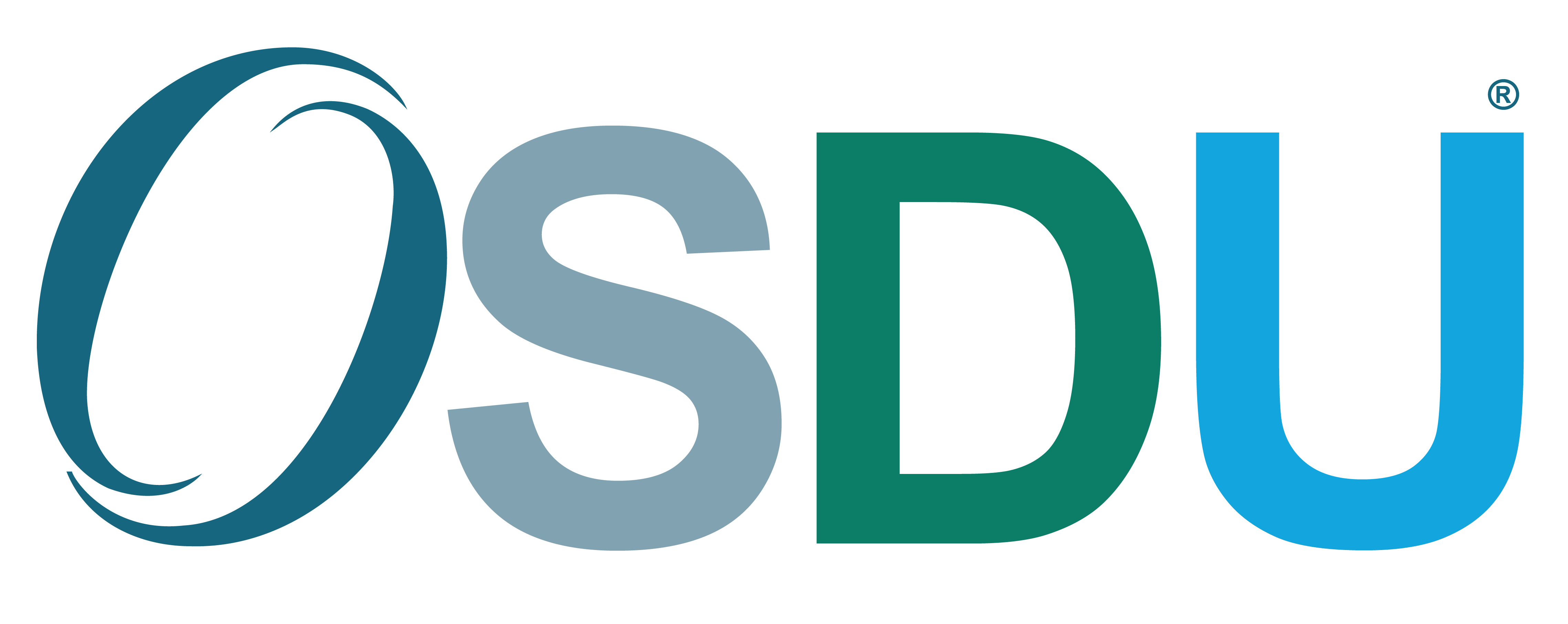By Ash Patel – CDMP, Marketing Specialist, The Open Group
Recently we reached out to Martyn Quantrill (BP), to discuss his role as an operator representative to The Open Group OSDU® Management Committee.
Martyn Quantrill is a Principal Data Manager for BP, working within the Data Analytics and AI group, largely focusing on the wells, subsurface and production communities. He works in a team of talented staff and third-party collaborators who provide global data operations support, and expertise to develop and operate digital products and platforms. He is delighted to have been serving on the OMC since September 2022 and continues to be inspired by those around him.
- Please tell us about your occupation and what made you get into your line of work?
I’ve been working in the energy business for the past 28 years or so. It all started when I took an A-level in Geology, and I just got hooked. That fascination carried me through university and post-grad work, eventually landing my first job as a geologist back in the 90s.
In those early days, I started working life as a geoscience interpreter using high-powered computers, tons of data, and specialized software. But by the late 90s, and with an interest in the specialist computing business, my career shifted focus to supporting the applications, and data services important to geoscientists and engineers. Since then, I’ve spent the last 20 years working with data which has kept me interested thanks to its scale, complexity, and potential.
Along the way, I’ve worked with both service companies and operators, which has given me a broad view of the supply chain and evolving tech needs. It’s been an enjoyable journey so far.
- Please can you describe your journey with The Open Group OSDU Forum so far?

BP has been involved with the OSDU Forum for some time, and I’ve had the privilege of being part of that journey, especially since joining the OMC in 2022. Prior to that, I was contributing to the thinking behind BP’s involvemen
Being on the OMC has been a rewarding experience, particularly as we work to drive the platform towards real-world adoption and practical use by consumers. The OMC plays a crucial role in providing leadership and supporting operations, helping the Forum to deliver the OSDU Data Platform while keeping the industry committed to its ongoing development and maintenance.
My contributions have focused on two main areas:
Ensuring the Forum operates with a fit-for-purpose model, built on aligned autonomy and a strong community. This includes transparency in prioritization and planning, progress tracking, addressing risks and blockers, and my sponsorship of Forum Working Groups.
Strengthening communications within the OSDU community and beyond, making sure everyone stays aligned, and helping to drive new membership.
It’s been exciting to see how we’ve been able to move the platform forward and keep momentum going.
- How important is collaboration and what challenges to collaboration do we face?
Collaboration is absolutely vital to the success of the OSDU Data Platform. This platform isn’t just about one company, it’s an industry-wide initiative. To really make it work, we need a diverse range of perspectives and expertise coming together. That’s what drives innovation and ensures that the solutions we create are relevant across the board.
By bringing together Operators, CSPs, ISVs and SIs, we are tackling complex data challenges, and the platform keeps evolving. This collective effort ensures the OSDU Platform stays adaptable and aligned with the industry’s needs, benefiting everyone.
- Are there any stories you would like to share that have shaped you professionally into the person you are today?
Over the years, I’ve learned that building resilience is crucial—especially in an industry as volatile as ours. There have been moments in my career where both personal and professional challenges collided, and those experiences taught me how to differentiate between the things worth “sweating about”, and the things that simply aren’t. It’s a skill that didn’t come easily, but learning to cope with difficult times has really helped me understand myself better.
A big part of my professional journey has been about seizing bold opportunities. I’ve been fortunate to work in some remote and unexpected places, including oil rigs and less-traveled locations around the world. These experiences have been energizing, forcing me to adapt quickly and think creatively, all of which has shaped how I approach problems.
At the heart of all of this, though, is the people. Our industry takes all kinds of personalities and perspectives to function well, and I’ve come to deeply respect that. Of course, we don’t always see eye-to-eye, but maintaining respect even in disagreement has been key for me. It’s those human relationships, and the diversity of thought and approach, that really keep our industry moving forward.
- If you could develop a new type of technology, what would it be and why?
The world needs to reduce emissions, our future depends on this. The technology we need includes real-time emissions tracking, AI-driven optimization, carbon capture, and electrification. With the right mix, we can take significant strides toward reducing emissions quickly, while still maintaining operational efficiency and profitability.
- What is a business philosophy or principle that you follow?
Rather than a single philosophy, I blend several that emphasize a customer-first, data-driven approach to continuous improvement; process-focused methods like Lean, Six Sigma, and TQM, combined with the creative, iterative mindset of Design Thinking. This combination helps both operational efficiency and forward-thinking innovation.
- What advice would you give to someone who’s looking to work in your field?
In my career, focused on enhancing subsurface and drilling operations through data, applications, and digital solutions, I’ve learned that a solid foundation in geoscience and engineering is crucial. It’s also important to develop skills in data analytics and engineering. Staying informed about emerging technologies like AI and machine learning, and cultivating a collaborative mindset to work effectively across various disciplines, is also important. Finally, I recommend actively networking and seeking diverse experiences to navigate the industry’s evolving landscape.
- What are you most looking forward to for the year ahead?
In the coming year, I am excited to support the OSDU Forum in advancing its goals by enhancing the platform through effective guidance and software development. I also look forward to driving discussions around the commercialization of the platform to meet different business needs in a competitive space. Ultimately, I want to help build a strong case for long-term commitment to this game-changing initiative in the energy industry.

